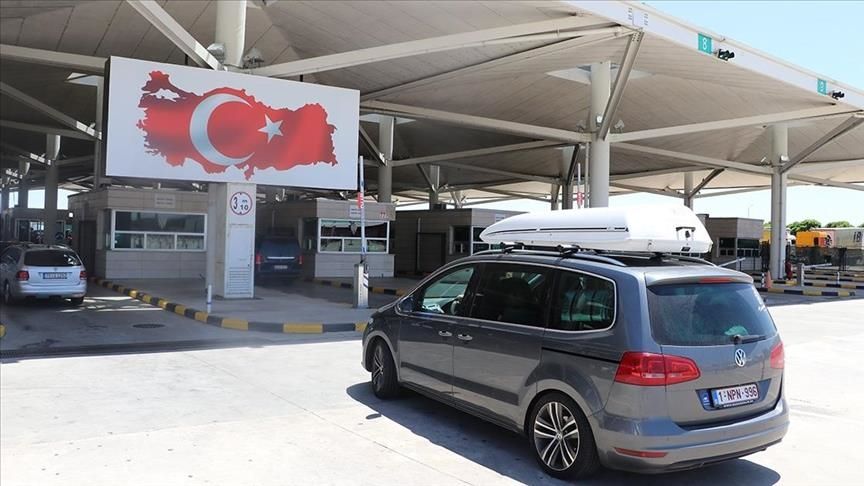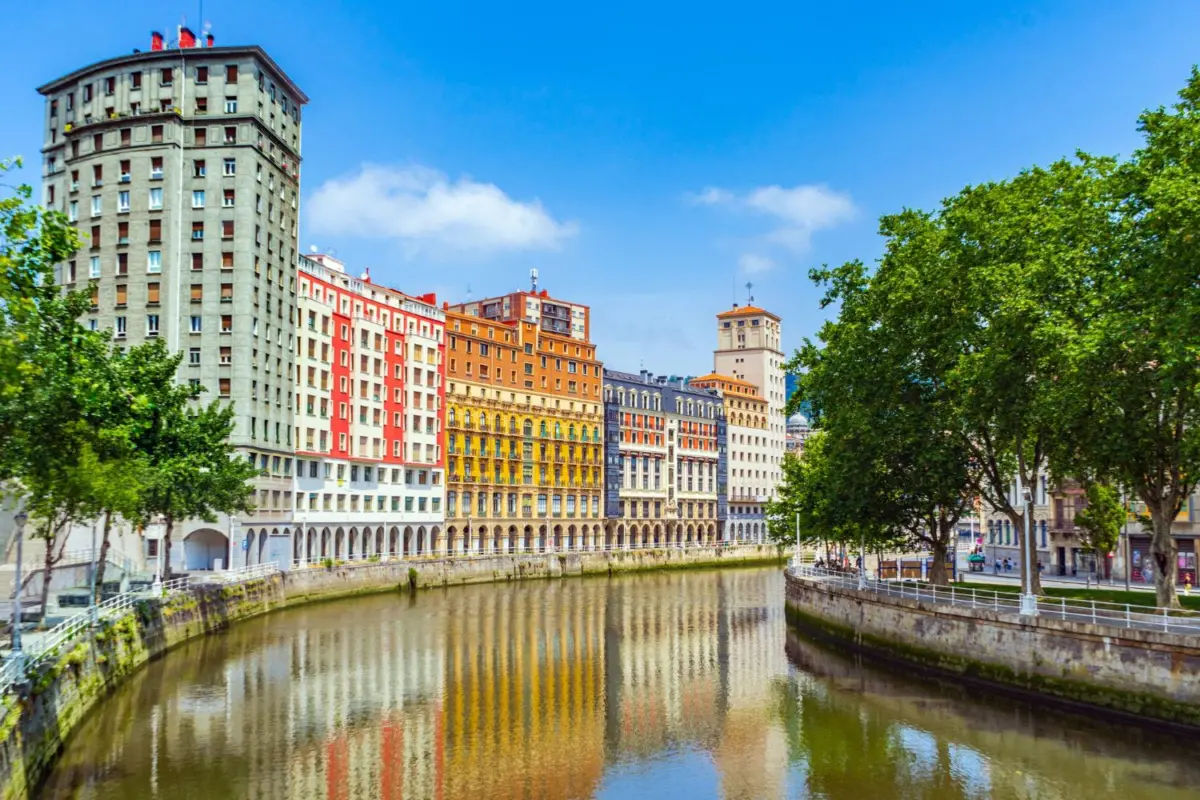Athens (Greece) is the winner of this year’s European Capital of Innovation Awards, funded by the EU research and innovation programme Horizon 2020.
The runner-up cities – Aarhus (Denmark), Hamburg (Germany), Leuven (Belgium), Toulouse (France), and Umeå (Sweden) – received €100,000 each. The prize money will be used to scale up local innovation activities and collaborate with other cities.
Carlos Moedas, Commissioner for Research, Science and Innovation, announced the winning city at the Web Summit in Lisbon: “Cities are beacons of innovation. They act like magnets for talent, for capital, for opportunity. With the European Capital of Innovation, we reward the cities that go the extra mile to test new ideas, technologies and ways to make citizens heard in the way their city is changed”.
Commissioner Moedas added: “Athens stands out as an example that a city facing many challenges can achieve great things. Through innovation, Athens has found new purpose to turn around the economic and social crisis. It is proof that it’s not the difficulties but how you raise yourself above them that matters.”
The City of Athens has placed a lot of importance to innovation and how it can help the local community bring about change and open up to the world. Some of the innovations promoted include:
- The POLIS² project aimed to revitalise abandoned buildings by providing small grants to residents, small enterprises, creative communities and other civil society groups and bring life to all corners of Athens.
- The renovation of the Kypseli Public Market, a 90-year old historical building with active support of Athens’ citizens aims to create a new social entrepreneurship market hosting exhibitions, workshops, theatre shows and other initiatives.
- Making Serafeio, a popular community playground, a host of initiatives like Athens Digital Lab, Open Schools or Athens Culture Net, and a novel events space, following a joint decision by the municipality and the local community.
- The Curing the Limbo initiative, which gives refugees and migrants the possibility to connect with other residents in order to learn the language, develop new skills, find employment opportunities, and engage in active citizenship.
- The Digital Council, in which the city brought together companies and educational institutions to offer trainings on digital literacy and civic technology trainings as well as promote sustainable innovations like smart recycling bins.
- ‘This is Athens‘ campaign where the city invites volunteers to talk about the city’s present and past to some of the record 5 million tourists that visited Athens in 2017.















